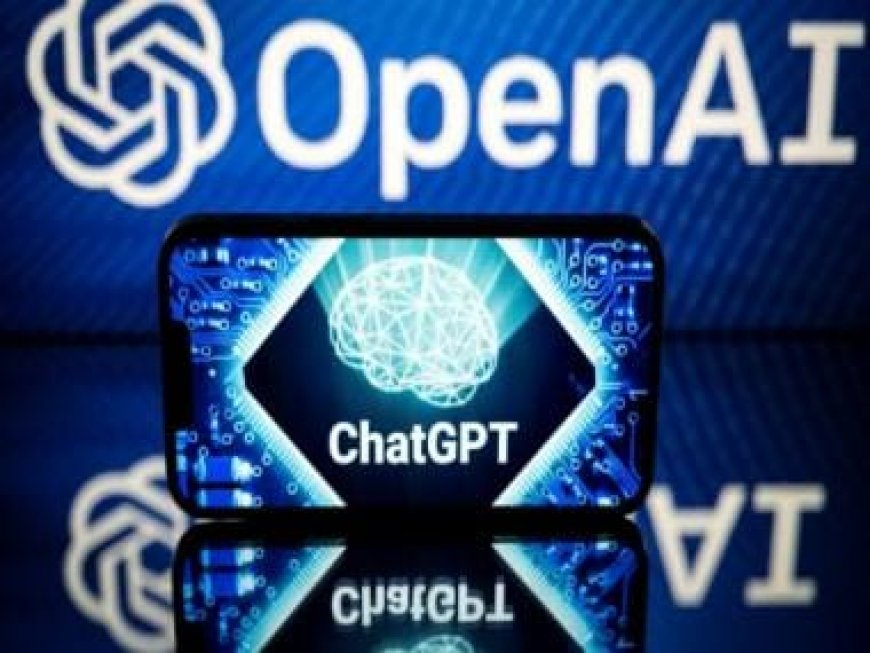Data Protection Bill 2023: What Does India's DPDP Bill mean for AI models like ChatGPT?
Data Protection Bill 2023: What Does India's DPDP Bill mean for AI models like ChatGPT?

The Digital Personal Data Production Bill 2023 as it has been presented in its current form at the Lok Sabha has forced the tech industry, especially those working with AI and ML to rethink the way they operate and deal with data.
As legal experts have pointed out, no company can now afford to be lax about handling data. Therefore, AI studios and developers have their work cut out for them.
The bill has affected the fundamental tenet of how AI models are made and trained to create chatbots or any other service.
From where and how they source data to what happens with the data after it has been used to train AI models, AI developers and developing studios will now need to get clearances for a lot of things, and ensure that legally, they have all the compliances in place.
Jameela Sahiba, Senior Programme Manager, The Dialogue, a tech policy think-tank told Firstpost, that the current version of the DPDP bill excludes self-disclosed personal data from its jurisdiction. This enables generative AI platforms and large language models to access this data repository while adhering to consent norms for other publicly available information which isn’t self-disclosed.
“Nonetheless, securing consent for processing the latter category of data could erect hurdles for large language models and generative AI, introducing intricacy into their operational landscape. Moreover, the bill’s transition from ‘deemed consent’ to ‘legitimate use’ of data reshapes data collection dynamics,” Sahiba told Firstpost.
Interestingly, the ‘public interest’ grounds, which were present in the 2022 edition, have been omitted, accentuating heightened scrutiny in data aggregation for specific objectives.
“Enterprises might find themselves grappling with the need of soliciting expressed and informed user consent for ‘public interest’ data processing, emphasizing a renewed dedication to safeguarding individual privacy and data integrity,” said Sahiba.
What's Your Reaction?


























































